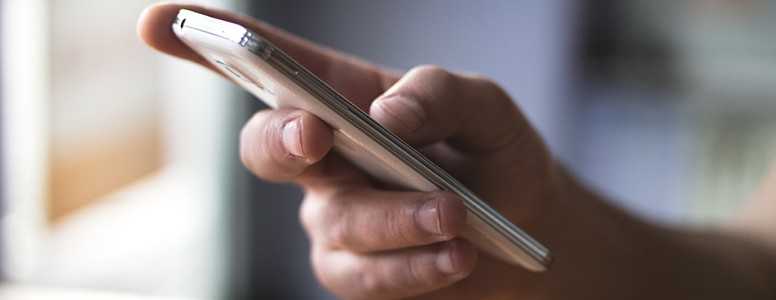Mobile technology can help people with diabetes determine their insulin dosages without having to see a doctor, according to a New York study.
Natalie Levy, assistant professor at the New York University School of Medicine and head of Bellevue Hospital’s Diabetes program, investigated mobile technology on her low-income patients.
Quite often, these patients can’t afford to take time off work to visit their doctor. This can result in them having heightened blood glucose levels for weeks or months – increasing their risk of diabetes-related complications – until they can see their doctor.
In a pilot study of 33 insulin-dependent diabetics, mobile technology was used to remind them to test their blood glucose levels in the morning. They were then asked to text that value back to nurses, who reviewed the information on a daily basis.
Once weekly, patients spoke to a diabetes nurse on the phone and dosage adjustments were made, if necessary. During a period of 12 weeks, a control group of 27 insulin-dependent diabetic patients received standard care, which included visits to the doctor’s office.
88 per cent of the group that received daily texts and weekly phone calls achieved blood glucose levels within an acceptable range. In comparison, 37 per cent of those receiving standard care were able to obtain good control of their blood sugar.
According to Levy and her team, two hours of time was saved by the mobile technology group. As blood glucose values were sent back 80 per cent of the time following text reminders, the intervention could be feasibly implemented in other surgeries.
While these findings were only based on a small study in American, they could be of interest to British diabetes patients who struggle to make the time to attend doctor’s appointments.
If larger studies confirm practical use of mobile technology at surgeries and hospitals, patient treatment could improve in the United Kingdom, especially for those that struggle to make it to their doctor.







